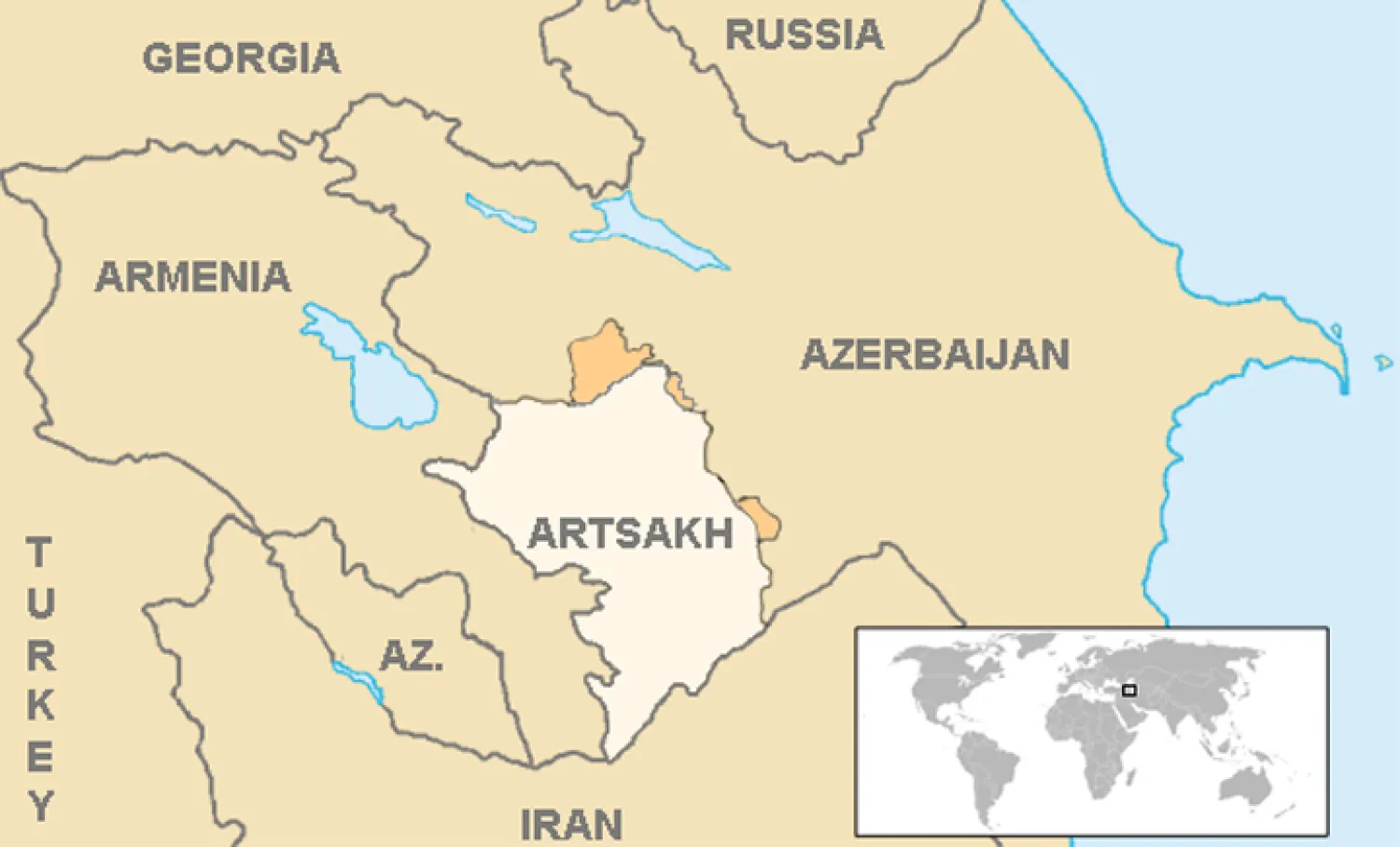Azerbaijan’s Defense Ministry on Monday denied allowing another country to use its airspace to carry out attacks on Iran.
"Information about Russia's 'Container' radar system detecting unknown planes using Azerbaijan's airspace to carry out attacks on Iran is an absolute lie," Azerbaijan's Defense Ministry said according to Azerbaijan's International News.
“The dissemination of such information is aimed at undermining the Azerbaijani-Iranian relations," the Ministry told International News and declared that the allegations of Azerbaijan's involvement were propagated by "pro-Armenian forces" with the aim of damaging the relations between Iran and Azerbaijan.
The Azerbaijani Defense Ministry also stressed that Azerbaijan has never taken any steps against Iran and will not do so in the future.
The source of the news about the detection of foreign planes in Azerbaijan's airspace is the lesser-known Avia-Pro news website of Russia. The news website on Monday claimed that the drones that attacked Iran's military and nuclear sites had been detected by the Russian Radar system.
In recent days there have been explosions at two of Iran's top security nuclear and military facilities – Khojir in the east of Tehran and Natanz in Isfahan province.
Iranian authorities said the incident at the first site was caused by the explosion of a gas storage tank but have delayed the announcement of the cause of the incident at Natanz "for security reasons".
When video footage of the blast surfaced online, the Iranian Defense Ministry quickly rolled out a spokesman to downplay the incident. Davoud Abdi, speaking on state television, dismissed it as a minor blast at a gas-storage facility in a “public area” of the Parchin military complex, outside the Iranian capital.
A well-known former site of nuclear activity, an explosion at the Parchin military complex would undoubtedly have been a serious incident.
Satellite imagery later suggested that the explosion took place at the Hemmat Industrial Complex, east of Tehran and away some 24 km from Parchin.









